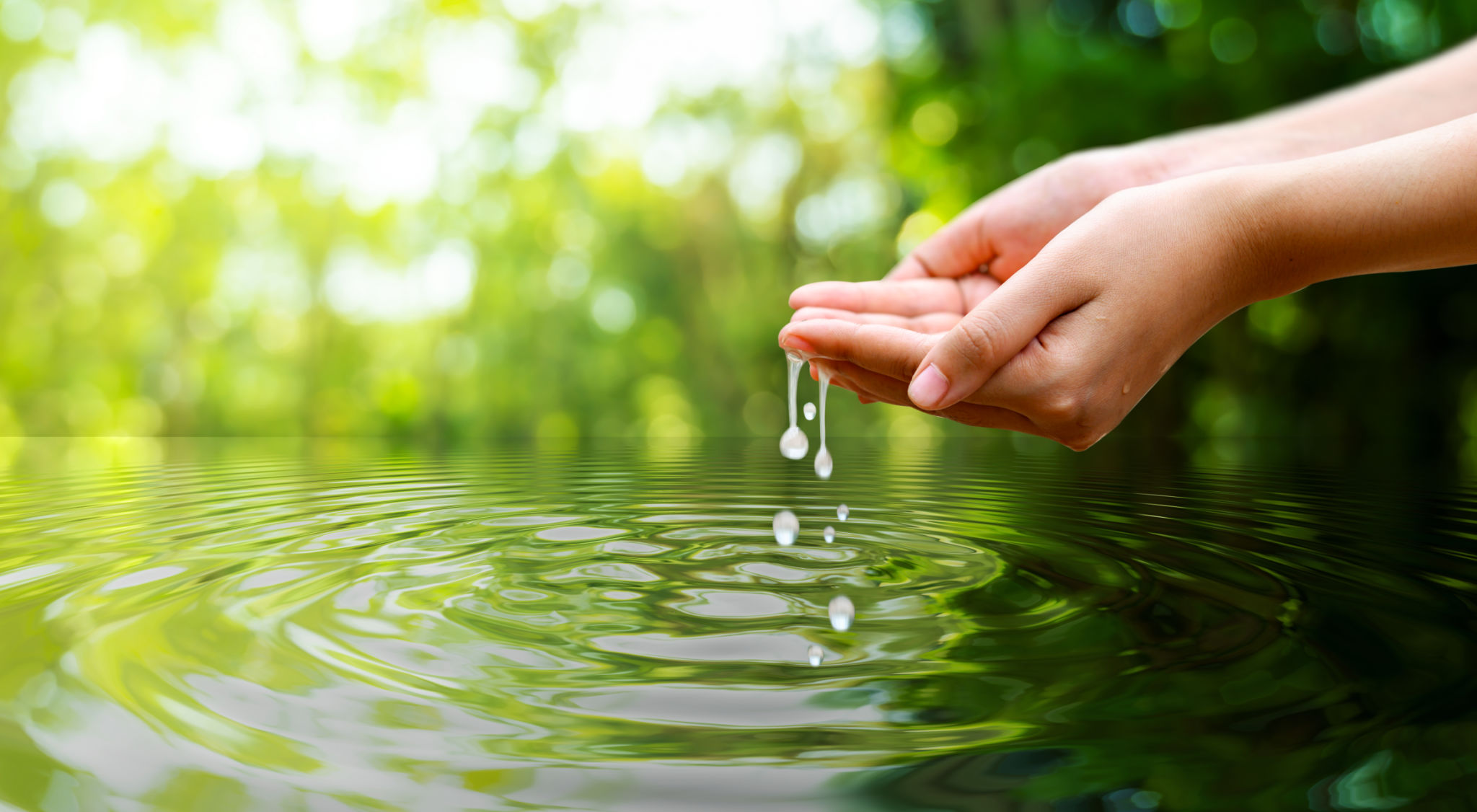Sustainable Janitorial Practices: 2020s Style Innovations for Modern Offices
Understanding Sustainable Janitorial Practices
In today's fast-paced world, sustainability is more than just a buzzword; it’s a crucial aspect of business operations. Modern offices are increasingly adopting sustainable janitorial practices to reduce their environmental footprint while maintaining cleanliness and hygiene. These practices not only benefit the environment but also improve the well-being of employees and the overall work environment.

Innovative Cleaning Products
One of the core components of sustainable janitorial practices is the use of environmentally friendly cleaning products. Traditional cleaning agents often contain harsh chemicals that can harm both the environment and human health. In contrast, green cleaning products are formulated with biodegradable ingredients that minimize toxicity and pollution. Offices are now exploring options like plant-based detergents and non-toxic disinfectants to keep their spaces spotless without compromising on ecological standards.
Switching to these innovative cleaning solutions can significantly reduce the release of harmful substances into the air and water systems. Moreover, many green products come in recyclable packaging, further contributing to waste reduction. This shift not only aligns with sustainable goals but also promotes a healthier indoor air quality for all office occupants.
Efficient Cleaning Equipment
The adoption of advanced cleaning equipment is another step toward sustainability in janitorial practices. Modern offices are investing in energy-efficient machines that offer superior cleaning performance with reduced energy consumption. For instance, vacuum cleaners equipped with HEPA filters not only trap dust and allergens more effectively but also operate with less power.

Additionally, the use of microfiber cloths and mops has gained popularity. These materials are designed to attract more dirt and bacteria than traditional cleaning tools, thereby reducing the need for chemical cleaning agents. This efficiency translates into less water and product usage, making them a cost-effective and eco-friendly option.
Water Conservation Techniques
Water is one of the most precious resources, and conserving it is a fundamental aspect of sustainable janitorial practices. Many offices are implementing water-saving strategies such as using low-flow faucets and toilets, which significantly reduce water consumption. Furthermore, some janitorial services have adopted steam cleaning methods that require minimal water while providing deep sanitation.

By integrating such techniques, offices can lower their water bills while demonstrating their commitment to environmental stewardship. Encouraging employees to participate in water-saving initiatives can also foster a culture of sustainability within the workplace.
Recycling and Waste Management
Effective waste management is critical in promoting sustainability in office settings. Implementing a comprehensive recycling program not only helps in reducing landfill waste but also encourages employees to be more mindful of their consumption habits. Offices are now equipped with clearly labeled recycling bins that separate paper, plastics, metals, and organic waste.
Moreover, some companies are taking it a step further by composting organic waste generated in cafeterias or break rooms. This initiative not only diverts waste from landfills but also produces nutrient-rich compost that can be used for office landscaping or donated to local farms.
